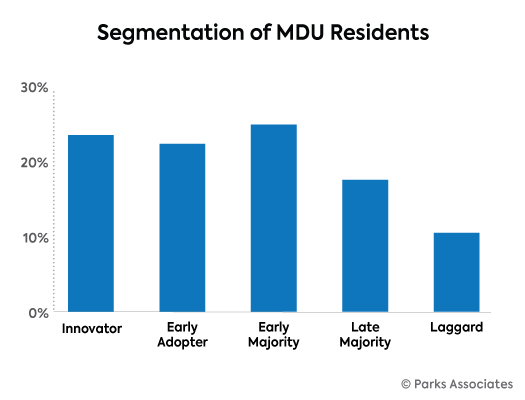Securing Multi-Dwelling Unit Web Data Flow Via Strong Encryption Standards to Safeguard End-User Confidentiality and Information Integrity
Securing Multi-Dwelling Unit Web Data Flow Via Strong Encryption Standards to Safeguard End-User Confidentiality and Information Integrity
Blog Article
Within the current online landscape, securing internet traffic is more important than ever, especially in Multi-Unit Buildings (MDUs) like flat buildings and condo settings. These environments frequently have numerous residents utilizing the identical web service, which can lead to potential security threats. To guarantee that residents' confidentiality and information security are maintained, it is essential to adopt strong encryption protocols. Data encryption is a method that scrambles information, rendering it inaccessible to anyone who do not have the appropriate credentials to decode it. This procedure helps keep individual data safe from cybercriminals and unauthorized access.
A of the most widely used coding protocols is Secure Socket Layer (SSL) and its replacement, Transport Security (TLS). Such protocols create a secure connection between a user’s system and the web, ensuring that any information transferred remains confidential. When tenants in an MDU use websites that employ SSL/TLS, their private information, including login credentials and credit card numbers, is secured. This implies that although if someone tries to capture the data, they would only see a mess of characters and digits, rendering it nearly impossible to understand. By promoting the use of these standards, MDUs can significantly improve the safety of their tenants' internet activities.
Another important coding technique is Virtual Private Tunnel (VPN) solutions. A VPN creates a protected pathway for internet traffic, which safeguards users from prying observers, particularly when accessing public wireless networks. In an MDU, where numerous tenants may link to the identical service, using a VPN can assist ensure that individual web actions remain confidential. This is particularly important for tasks including online banking or accessing sensitive information. By encouraging the use of VPNs among tenants, MDUs can cultivate a more secure internet space and help protect against data leaks.
Alongside such coding techniques, it is essential for MDUs to educate their residents about the importance of online security. Numerous people may not be conscious of the risks associated with utilizing shared internet services. Offering resources on how to recognize phishing efforts, the necessity of robust passwords, and the benefits of employing secure discover this info here sites can enable residents to take charge of their internet safety. Workshops or educational meetings can be effective ways to raise knowledge and promote best practices for online security.
Finally, MDUs should consider working with web service companies (ISPs) that emphasize safety and provide enhanced coding options. By collaborating with ISPs that utilize robust encryption protocols, MDUs can guarantee that their residents have access to protected internet services. This collaboration can result to enhanced overall safety for the whole complex, as well as increased confidence among residents. By taking these measures, MDUs can establish a more secure internet environment, safeguarding resident privacy and data security in an increasingly connected world.